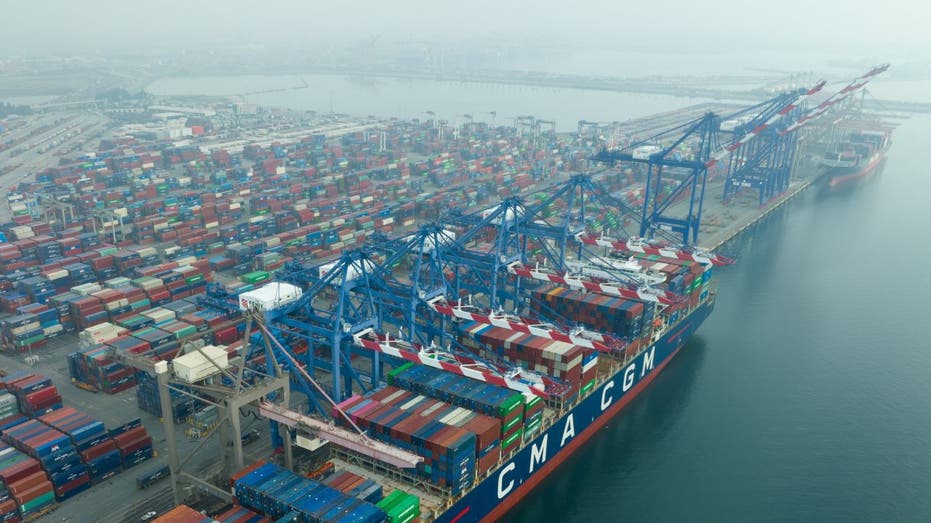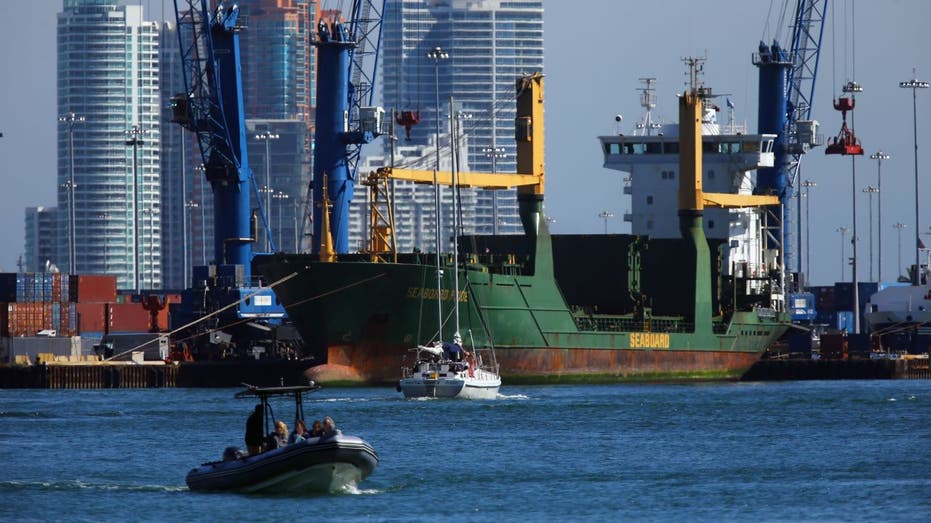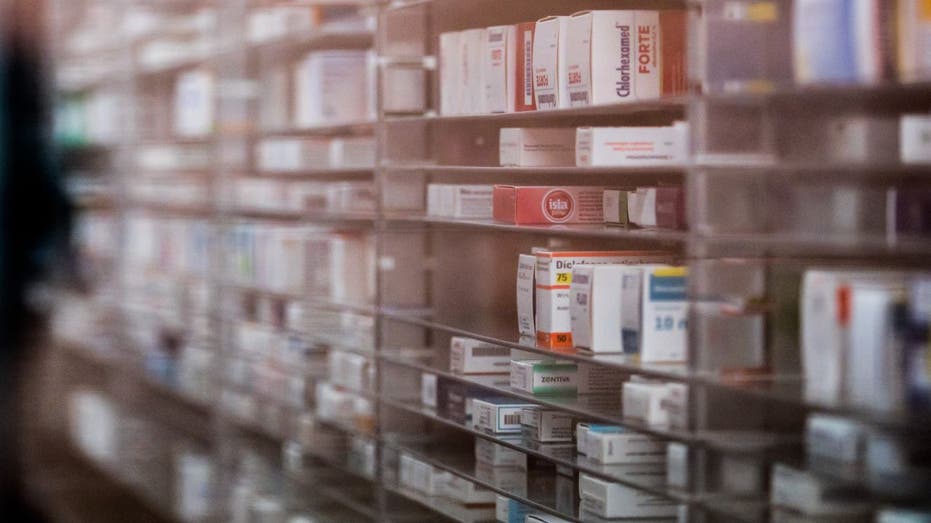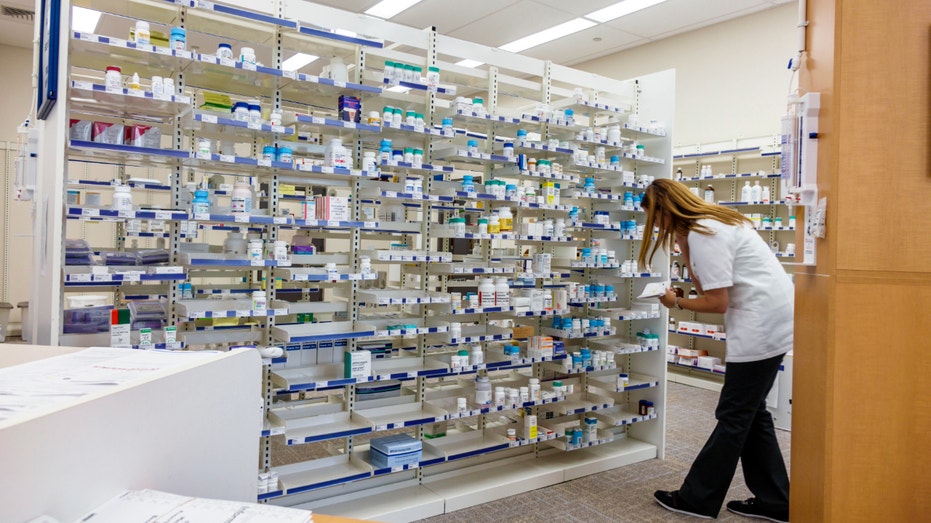Prochain Capital President David Tavel talks about Disney’s layoffs, port strikes and which commodities and stocks are best to put your money into.
Medical experts warn that patient access to critical medications could be threatened in the event of prolonged attacks at ports along the East and Gulf coasts.
Susan Thomas, chief commercial officer of pharmacy benefits manager Lucy Rx, says many people underestimate how much drugs are manufactured outside the United States.
The reality of the situation, according to Dr. Robert Gillett, a New York City-based emergency room physician, “is that a potential strike could affect imports from other countries of critical medical equipment and life-saving drugs that U.S. hospitals and Ambulance surgery centers rely on them to take care of their patients.”
It could also limit the amount of life-saving medicine and surgical supplies the U.S. exports to other countries, Galter said.
A retail trade group says port strikes could have a ‘devastating’ effect on the economy
International Longshoremen’s Association (ILA)which speaks on behalf of 45,000 dock workers at three dozen US ports, and the United States Maritime Union (USMX), which represents port employers, remain deadlocked over wages in the new agreement.
The ILA has warned that its members are poised to stop work if they don’t have a new contract by October 1, putting various sectors in dire straits as affected ports from Maine to Texas collectively account for half of the nation’s maritime sector. manages import

Aerial view of containers and cargo ships at the Port of Los Angeles in San Pedro, California. picture
In the pharmaceutical industry, according to Everstream Analytics, more than 91% of containerized imports and 69% of containerized exports of US pharmaceutical products are handled by affected ports.
US grocery stores could be without popular fruit for weeks as 45,000 dock workers threaten to strike
The company noted that more than three in three containers of life-saving drugs exported from the United States leave the port of Norfolk in Virginia, while nearly 30% of containerized drug imports leave the United States at the port of Charleston in South Carolina. Enter the United States.
Dr. Pat Basso, managing partner of Varsity Healthcare Partners, told FOX Business that the strike could have a “dangerous” impact on access to medicine because “many pharmacies” are managed by ports.
The strike comes at a time when many health care providers have moved to a “just-in-time” supply model to save money, according to Basu. This means they have less medicine on hand.

A container ship capsized in the Port of Miami in Miami, Florida. (Photo by Joe Riddle/Getty Images/Getty Images)
“While manufacturers and wholesalers may carry a month or more of certain drugs, as you get closer to patient contact, for example providers and retail pharmacies, they have a much more limited supply, potentially Five to seven days in most cases, Basu said.
To make matters worse, some drugs or geographic regions already have limited access and some drugs with short intrinsic shelf lives can be disproportionately affected. Also, some larger organizations may have more inventory, which can limit access for others, Basu said.
Patients who may be concerned about their pharmacies running out of medication can start monitoring their supplies and order a 90-day supply, if possible, to minimize the potential impact, Thomas said.
Potential port strikes send ripple effects through the supply chain, threatening inflation
Another possibility is that a patient may be able to talk to their doctor about starting an alternative medicine. However, this may not always be an option.
Dr. Tiffany Moon, associate professor of anesthesiology at Texas Southwestern Medical Center in Dallas, warned that “there are a number of life-saving medications that patients need without delay or discontinuation.”

A vantage point offers a view through a glass pane of a fully automated drug store. ((Photo by Andreas Arnold/Image Alliance via Getty Images)/Getty Images)
Among them will be important things like “chemotherapy, where people get different drug regimens for different types of cancer, a chemotherapeutic cocktail,” Moon said. “If they go off their regimen, they can skip a whole cycle of chemo.”
It can be “devastating” if someone is forced to stop taking an oral oncology drug, for example, because “the cancer can come back … and you go out of remission,” Thomas added. .
Get FOX Business by clicking here
Moon said that patients with type 1 diabetes who are unable to receive insulin, for example, “can go into a condition called diabetic ketoacidosis, which is potentially life-threatening.”

Photo of Medicines at Walgreens Pharmacy. (Jeffrey Greenberg/Universal Pictures Group via Getty Images/Getty Images)
Moon also mentioned how important anti-rejection drugs are as well. She said patients “need anti-rejection drugs so their bodies don’t reject the organ they receive.”
Fox Business’ Eric Revell contributed to this report.
#port #strike #delay #delivery #critical #medicines #devastating #doctors